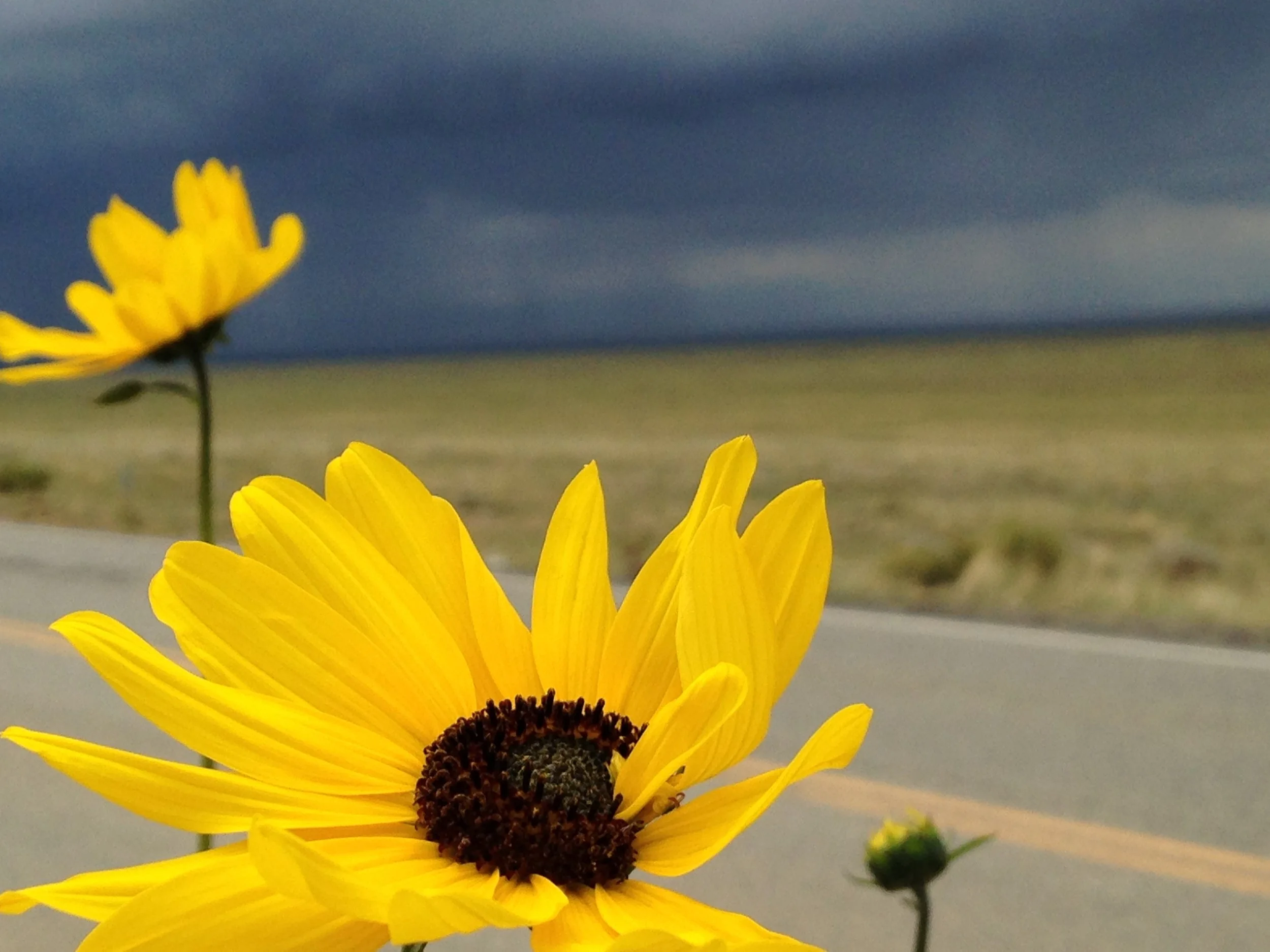Climate Swerve
We are experiencing unprecedented disruption. Projections, based on our best available scientific understanding, indicate it will get worse before it gets better. We experience impacts in disparate locations where the challenges vary. The issue is global, beyond our individual control. All this can make us feel vulnerable and powerless. No, this isn’t a commentary on the coronavirus pandemic, though our response to that acute issue offers an interesting way to look at this chronic problem as well. The question here is how should we address anthropogenic climate change? Collective action and cooperation are essential.
Drawdown (2017), a solutions based book with an audacious subtitle— the most comprehensive plan ever proposed to reverse global warming— offers a psychological shift in how to perceive this problem. Robert Jay Lifton, a psychiatrist who spent a lifetime studying existential threats like the holocaust and the nuclear threat of mutually assured destruction, refers to such a shift as a “swerve.” In 2017, in his nineties, he wrote Climate Swerve, expanding on an opinion piece he wrote three years earlier for The New York Times. He notes “climate swerve is mostly a matter of deepening awareness that leads to action.” Paul Hawken, the editor of Drawdown views the manmade climate problem as one that “inspires us to change and reimagine everything we make and do- we begin to live in a different world.” He sees the present climate crisis as “an invitation to build, innovate, and effect change, a pathway that awakens creativity, compassion, and genius.” And notes this is “not a liberal agenda nor is it a conservative one. This is the human agenda.”
With these inspirations two faculty at the University of Virginia, one from Environmental Science (J. Moody), the other from the English Department (C. Shaman), developed and co-taught a course titled Climate Swerve: Writing on Regional Climate Solutions, in the spring of 2019 and 2020. Using Drawdown as a text, and with the intent to have our students write about local efforts, we challenged them to research a solution sector (Energy, Food, Materials, Land Use, Buildings and Cities, Education, Transportation), find an organization, conduct an interview and write a long form article that helps deepen awareness of positive climate action taking place in our region. We invite you to read examples of their work, as you will see, many of these ideas were new to them, perhaps they will be new to you. Learn more about the efforts of climate mitigation from Project Drawdown. Join the swerve: its time for positive climate action.
Drawdown refers to the urgent need to reverse the increasing atmospheric concentrations of carbon dioxide and equivalent “greenhouse gases” which contribute to planetary warming and its related impacts including excessive heat and precipitation events, enhanced drought and fire, ocean acidification, increasing loss of glacial and sea ice, and rising sea levels.







